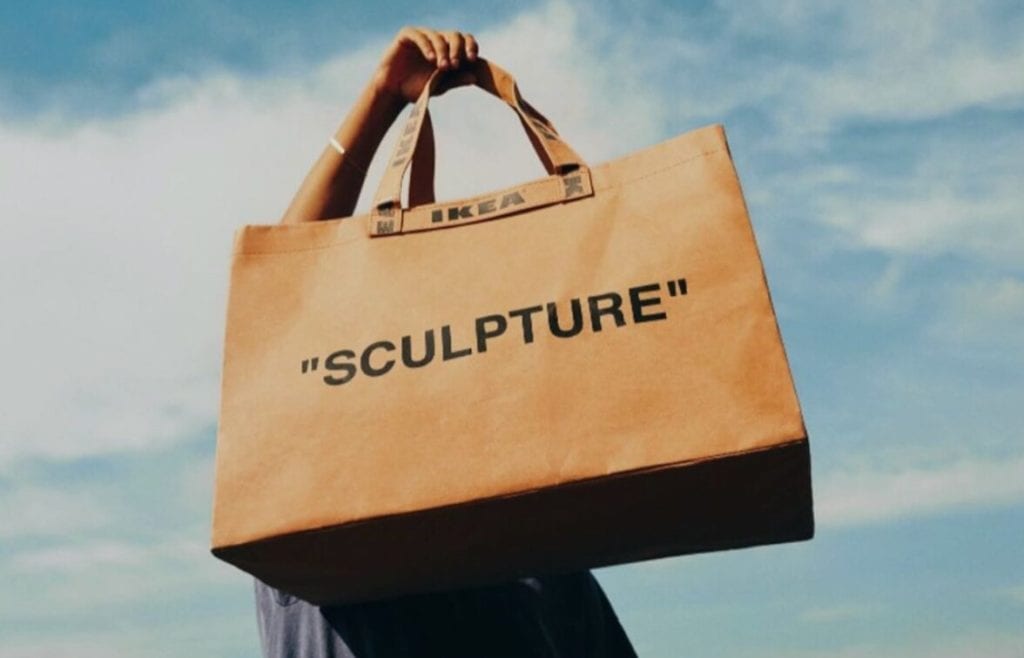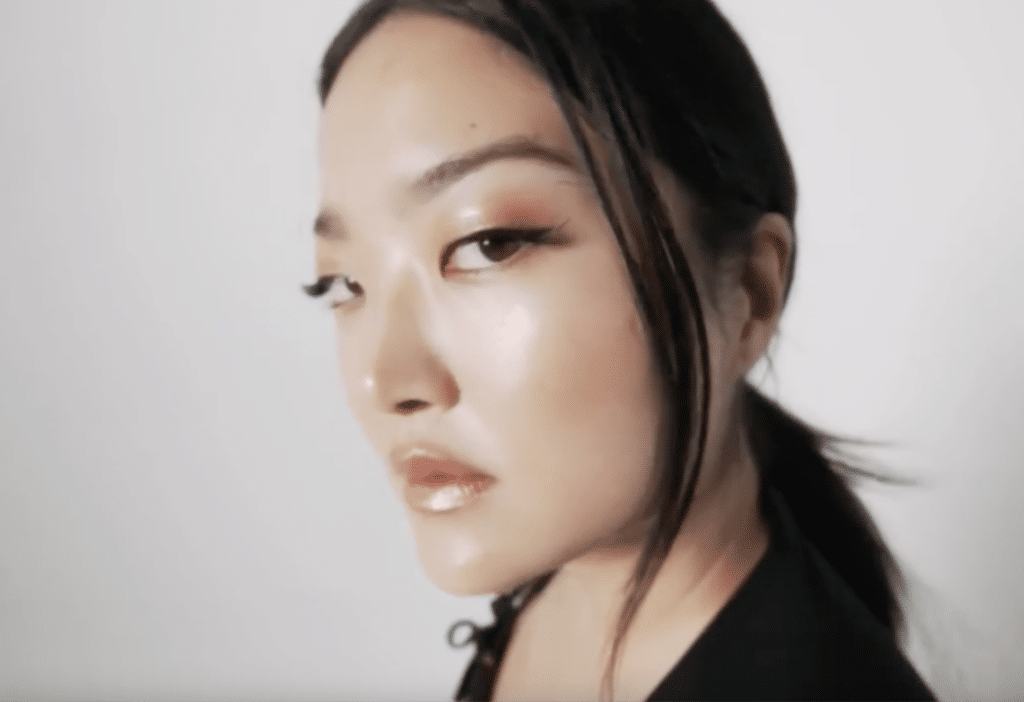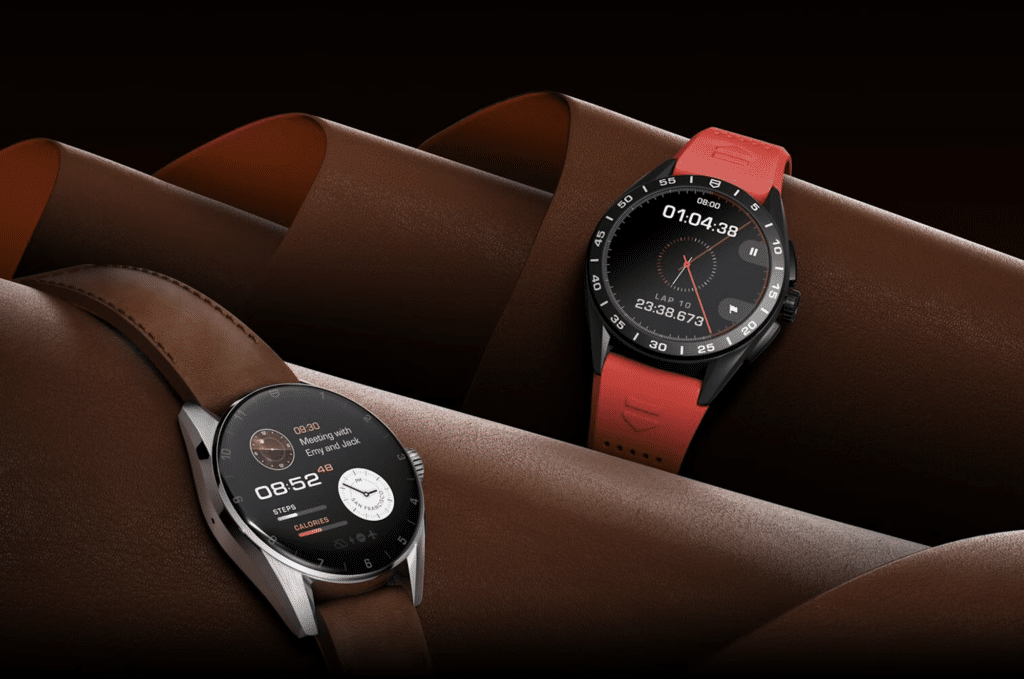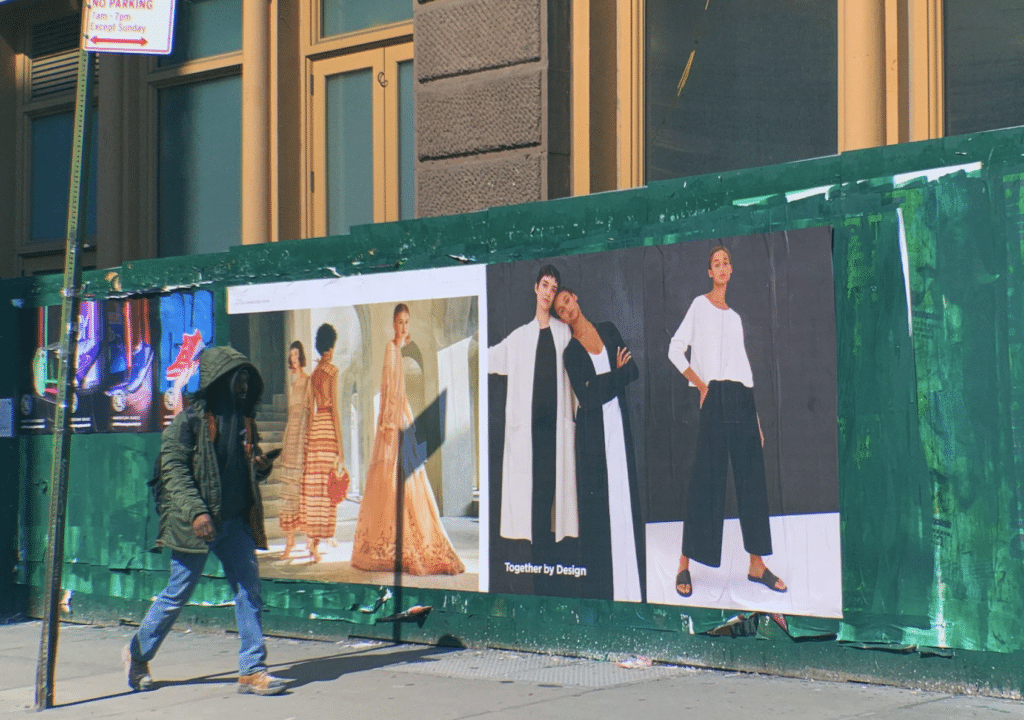Off-White may have resumed its position on the of Lyst’s quarterly “hottest brands” index for the latest three month period in a testament to its demand amongst consumers and popularity when it comes to social media mentions and search data, but the buzzy brand is still facing off against a lawsuit accusing it of attempting to “steamroll its way over” an existing company with the same name. In an amended complaint filed in New York federal court in September, OffWhite Productions claims that it has operated as OFFWHITE since mid-2001, long before Virgil Abloh-launched his similarly-named brand and (allegedly) began encroaching on OffWhite Productions’ turf.
In the second motion to dismiss it has filed since the lawsuit was initiated in July, counsel for Off-White is strongly urging the court to toss out OffWhite Productions’ claims in their entirety, arguing that, yet again, the similarly-named company has failed to make its case for trademark infringement and unfair competition. Not mincing words, Off-White’s legal team asserts that OffWhite Productions has failed to show that anyone “is or could likely confuse [Off-White’s] jackets, sweatshirts, and other streetwear apparel, or its retail stores, with [OffWhite Productions’] business-to-business marketing consulting services.”
The element of confusion is important, as it is at the center of a trademark infringement claim, and “without [it], none of [OffWhite Productions’] causes of action can survive,” Off-White declares, which is why the brand “previously moved to dismiss the infringement claim, along with several other sham claims [OffWhite Productions] originally brought to try to pressure [Off-White],” presumably into paying up and settling the lawsuit out of court.
In response to OffWhite Productions’ recently amended complaint, Off-White takes issue with some new claims set forth by the nearly 20-year old New York-based multi-disciplinary design and creative agency. In particular, Off-White points to a “handful of [new] allegations to the effect that, although it failed to mention it earlier, [OffWhite Productions] too is now supposedly a consumer goods company,” which offers up its own “line of innovative durable goods for consumers … including housewares and toys, such as a set of functional construction tools designed for children.”
The problem with the new claims, according to Off-White? For one thing, they are “intentionally vague and obviously conjured up solely to save this lawsuit.” Despite asserting that it sells consumer goods, counsel for Off-White claims that OffWhite Productions fails to specifically when it began offering those goods and how it offers them to consumers, among other details. Also, Off-White states that the company’s website “bears no mention of any goods it manufactures, and no suggestion that [it] actually sells any goods whatsoever, or that it plans to do so.”
Ultimately, Off-White argues that OffWhite Productions’ new assertions “only confirm what [its] original [complaint] demonstrated: the parties really serve completely different markets and customers, and there is no likelihood of confusion as a matter of law.” With that in mind, counsel for Abloh’s brand says that OffWhite Productions has failed to make its case for trademark infringement, false designation of origin, and unfair competition, all of which require a showing of likelihood of confusion, and thus, should be tossed out of court.
The latest round in the case comes after Off-White responded to OffWhite Productions initial complaint with a motion to dismiss, arguing that the plaintiff OffWhite failed to present sufficient facts in its complaint to support its trademark infringement and dilution, and unfair compeititon claims. As a result of such alleged deficiencies in OffWhite Productions’ complaint, the court gave the company’s counsel time to amend its complaint.
OffWhite Productions filed an amended complaint late last month, in which it made most of the same assertions as it did the first time around, but added some new language focusing on its own line of consumer goods and on Off-White’s “election to plow forward with its campaign” of selling “an increasingly broader range of goods,” while “filing of a raft of U.S. federal trademark applications for its brand” in connection with those goods, “has become intolerable,” OffWhite Productions argued.
Interestingly enough, in its amended complaint, OffWhite Productions swapped in a federal unfair competition claim in place of its formerly asserted common law trademark dilution claim. As counsel for Off-White claimed in its first motion to dismiss, not only did OffWhite Productions fail to make its case for trademark infringement, it really dropped the ball on the trademark dilution front.
Distinct from trademark infringement, trademark dilution applies when one party uses another’s famous mark in a way that blurs or tarnishes the mark. The issue, according to Off-White’s counsel was that aside from the fact that “New York state courts themselves have never recognized a claim for ‘common law trademark dilution,’” OffWhite Productions’ trademark simply does not meet the “high levels of recognition required … qualify as a famous mark.”
OffWhite Productions “fails to allege any facts—or even the conclusion—that its mark is famous,” and there is “nothing at all to suggest that its mark ‘is widely recognized by the general consuming public of the United States as a designation of source’ of its services,” Off-White claimed. Given that the dilution claim disappeared from OffWhite Productions’ amended complaint, it seems that marks a small victory (albeit a relatively easy one) for Off-White.
*The case is OffWhite Productions, LLC, d/b/a OffWhite Co., v. Off—White LLC, 1:19-cv-06267 (SDNY).














